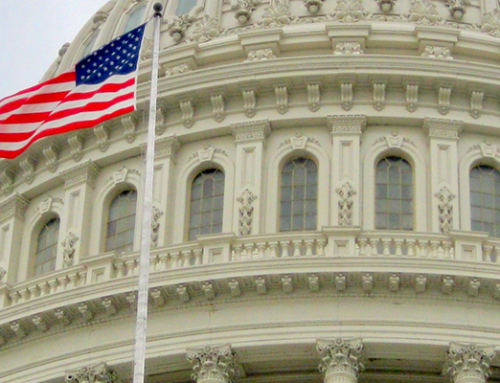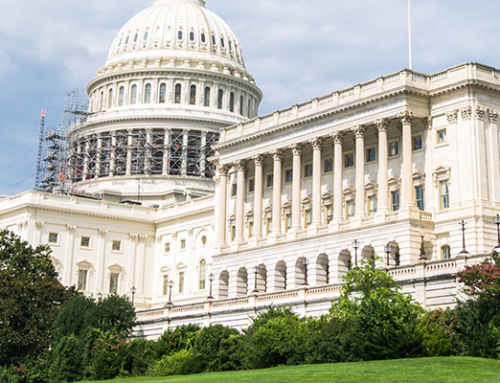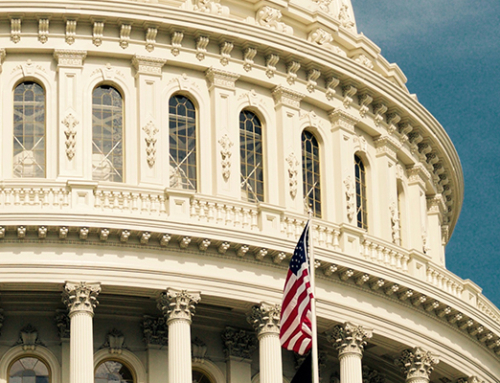On Monday, June 8, 2020, UWC submitted a letter of opposition to the House and Senate Committees with jurisdiction concerning Title V Section 120501 of the Health and Economic Recovery Omnibus Emergency Solutions Act (HEROES Act) as it was passed by the House of Representatives. The letter was submitted to assure that the committees with jurisdiction over the Longshore Act would be aware of opposition to this provision. The letter provides a list of concerns, including:
The Longshore Act already provides for a presumption
Under Section 920 claims come within the provisions of the chapter in any proceeding for the enforcement of a claim for compensation in the absence of substantial evidence to the contrary. Title V of the HEROES Act effectively creates a conclusive presumption of coverage and compensability in conflict with Section 920 without cross-reference. The description of covered employee is also overly broad.
A diagnosis of COVID-19 or exposure to others diagnosed with COVID-19, without more evidence of causation of illness arising from employment, should not create a presumption that an individual became ill or was injured on the job.
A conclusive presumption that an individual is entitled to be paid based only on a COVID-19 diagnosis is inconsistent with the fundamentals of workers’ compensation that there must be sufficient evidence that the illness arose in the course of employment. To the extent that the illness results in the individual’s inability to work, sick leave may be available, and treatment may be available through health insurance. Division E of the Families First Coronavirus Response Act (HR 6201) provides emergency paid sick leave that could be used for treatment of COVID-19 illnesses.
Even if an individual is deemed to have an injury arising out of or in the course of employment for which compensation is payable under the Longshore Act the individual is not “entitled” to be paid a particular amount or for a particular period of time. As is true for other infectious diseases in the general population, individuals may be infected with COVID-19 virtually any place. This fact has been demonstrated throughout the world with travel restrictions, social distancing, and the wearing of masks. The Centers for Disease Control (CDC) maintains guidelines to assist individuals with measures recommended to avoid infection and the spread of COVID-19 to others.
A diagnosis of COVID-19 or exposure to individuals with COVID-19, without further evidence of injury or illness should not be compensable.
A diagnosis or exposure to others diagnosed with COVID-19 does not provide sufficient evidence of disability. Many individuals testing positive for COVID-19 are asymptomatic. If an individual is directed to leave employment due to testing positive for COVID-19 without impairment in performing work, he or she may be eligible for unemployment compensation and/or sick leave or other leave, but the loss of work is not due to disability.
It is unclear the compensation for which an individual may be “entitled”
The fact that an individual tests positive for COVID-19 could result in no injury or illness, or a short term medical need, or a temporary total or partial disability for a short period of time, but the determination would otherwise be determined under applicable provisions of the Longshore Act. The HEROES Act provision charging the Section 44 account would deplete the balance in the fund and may result in an increase in fund assessment that is not addressed in the proposed legislation.
The HEROES Act provisions would increase federal outlays
The cost to self-insured employers and the rates to be paid under workers’ compensation insurance plans would increase as a result of the presumption of coverage and compensability. These costs will be passed along in federal contracts by employers providing services under the Longshore Act. Enactment would also increase federal outlays to reimburse charges to the Section 44 Special Fund.
We continue to monitor proposed legislative changes to the Longshore Act and will oppose inclusion of similar provisions in subsequent omnibus legislation that may emerge in 2020.






